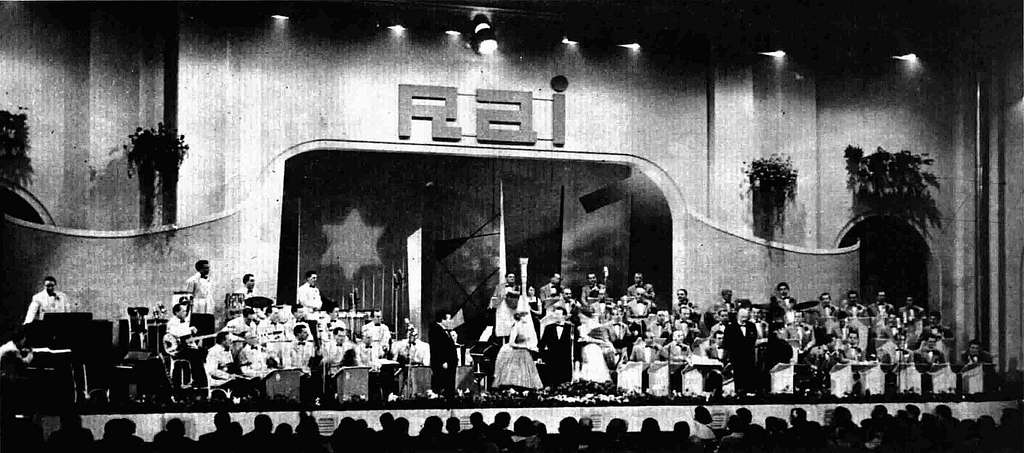Gentlemen’s Guide: Bangkok’s 5 Best Barber Shops
These top 5 barber shops in Bangkok are where gentlemen can elevate ...

The Sanremo Music Festival is deemed the most popular singing contest in Italy. Held in the city of Sanremo in northwestern Italy every year, it holds the Guinness World record for being the longest-running annual TV music competition in the world, having debuted in 1951. This year’s event, held earlier this month on February 1-5, was the televised competition’s 72nd edition.

Sanremo 1957 – PICRYL Public Domain
More than just a popular music contest, however, Sanremo is a cultural phenomenon that captures the soul of Italian contemporary society. Sanremo is where the older generation goes to relive their nostalgia, having watched the show since their childhood, and where the younger generation of Italians celebrate pop culture and create new memories. The musical phenomenon is not without its dark side, though.
Since 2020, Sanremo has been broadcasted nationally with no live audience, leaving those wanting to interact and cheer on their favourite artists unfulfilled. This year, however, the festival’s committee on health and safety gave way to filling the theatre at full capacity. Although participants were required vaccination proof as well as a recent negative test, beyond that there were no measures concerning Covid safety inside the auditorium. Then the organizers announced that there would be no vaccine mandate for the participating artists as it would “breach their right to privacy” on their health status. This act was heavily criticized by the Italian public, which made the event directors rescind their statement and require artists to show their proof of vaccination.
Besides Covid regulations, Sanremo has had its share of gender issues as well, having long been called out for limiting women to a marginal role in the competition. This year was no exception, as only seven female artists took to the stage, compared to the 16 men (along with two mixed groups). The event has also been criticized for its tradition of presenting flowers exclusively to women. Last year, singer-songwriter Francesca Michielin defied tradition by handing a bouquet of flowers to Fedez, a male rapper she had been working with. Subsequently, news outlets blasted the act of publicly giving flowers to a man as “unexpected” and “unconventional”. She did it again this year, handing a bouquet to a male orchestra member. Many see it as a needless spectacle of those trying to be politically correct. Others see it as an act of progress and modernity in terms of gender equality.
Watching Sanremo unfold, triumphs and controversies and all, is like taking a look into the culture of contemporary Italian society, with the issues surrounding the festival mirroring those taking place in the actual world. This is what keeps those of us who watch the festival hooked, year after year. From the comforts of our couch, we are fascinated by Sanremo but perhaps also hope to see better on the show.
These top 5 barber shops in Bangkok are where gentlemen can elevate ...
Wandering around the globe, try out the signature tastes of cultures across ...
Pets, as cherished members of our families, deserve rights and protections that ...
Sailorr and Molly Santana’s black grills fuse hip-hop swagger with homage to ...
What happens when Bangkok’s dining scene expands beyond the familiar. Ethnic border ...
The dark elegance of Frankenstein’s costume design reveals itself. Gothic and romantic ...
Wee use cookies to deliver your best experience on our website. By using our website, you consent to our cookies in accordance with our cookies policy and privacy policy